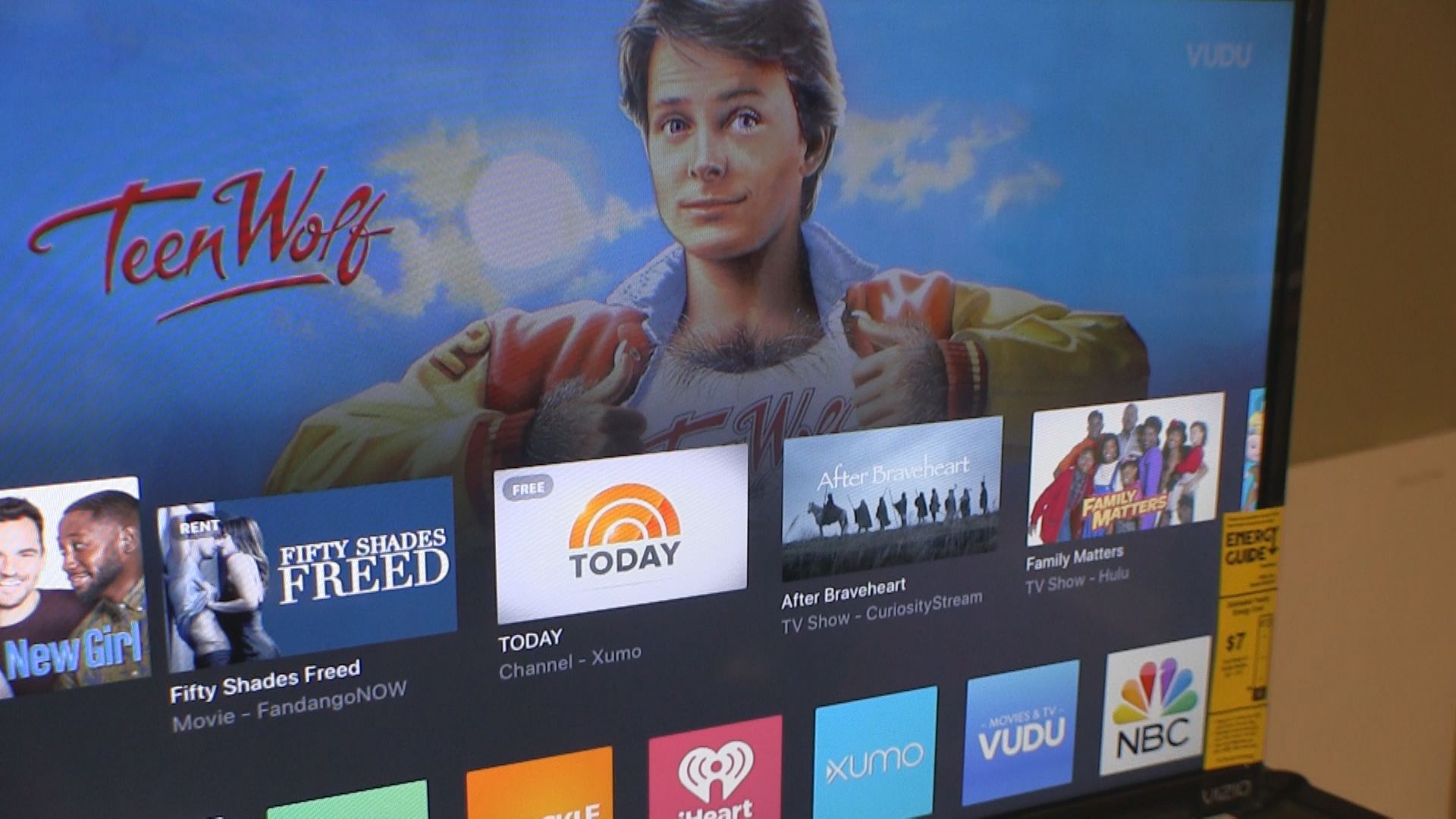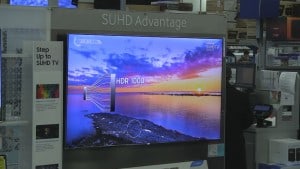- Home
- Privacy and Security
- Turning a Smart TV Dumb

You watch TV, you may not expect the TV to watch you, but some do.
Walk into any store or shop online for a new television and you’ll be hard-pressed to find one that isn’t “Smart”. By connecting to a wired or wireless internet connection, a smart TV will stream movies and videos from Netflix, Amazon, Hulu or other accounts online. They’re a favorite of cord-cutters who drop satellite or cable TV.
But smart TVs have come into question for the information they collect and transmit back to the manufacturer, advertisers, and partners.
There are also concerns that connected smart TVs can be hacked and controlled by someone from thousands of miles away. Consumer Reports completed an investigation into smart TVs in February and found 2 sets that were vulnerable to simple coding scripts and could suddenly change channels, turn off and on, increase and decrease the volume and even play disturbing videos over YouTube, all without the owner’s permission. 
Security flaws like those are rare and can be remedied with firmware updates that manufacturers routinely release and can be downloaded and installed by the consumer.
The most common concern though is the amount of information being gathered about what the consumer is watching. This is common in all smart TVs and with the streaming services such as Netflix, Amazon, YouTube and Hulu.
We wondered whether those settings could be adjusted to prevent smart TVs from gathering information. I purchased a smart TV from Vizio and during set up, I was required to connect it to my home’s wifi or a wired internet connection. Without an internet connection, none of those streaming services can work. After connecting I was then given several screen pages full of information about what data Vizio would collect from my viewing habits and how that information would be shared. This particular TV also connects to Google’s operating system so there were more pages of Terms and Services to go through. When I declined the terms the screen showed that most of the content would not be displayed unless I agreed to the terms of service.
Here is an explanation from the Consumer Reports investigation:
“Smart TVs can identify every show you watch using a technology called automatic content recognition, or ACR, which we first reported on in 2015. That viewing information can be combined with other consumer information and used for targeted advertising, not only on your TV but also on mobile phones and computers. For instance, if you’re watching a particular sports event, you could see an online advertisement from a brand interested in reaching fans of that sport.”
The bottom line on smart TVs is that if you can opt out of some privacy settings but not all and some of the opt-out options will remove simple functions of the TV. I also found that some newer model smart TVs are equipped with a camera and microphone to enable the consumer the ability to control the TV without a remote. The function can be turned off but if the TV is connected to the internet it is good to take the extra step of putting a piece of tape over the camera.
Like anything else, any electronic device connected to the internet can be hacked.

